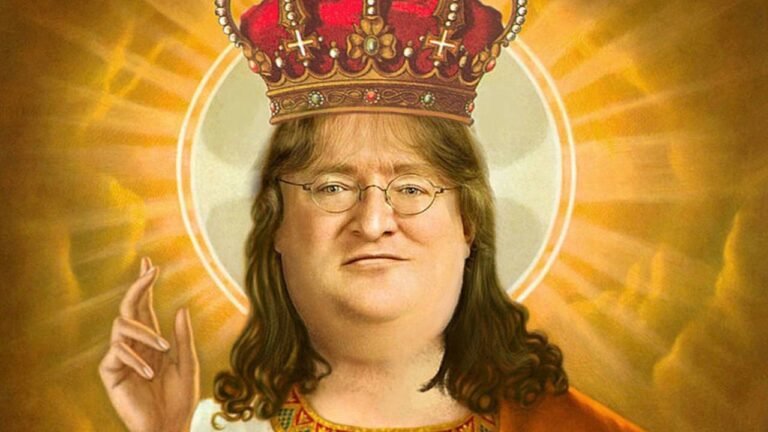Each year, the Steam platform generates a substantial amount of revenue from the sale of titles, ranging from AAA productions to indie surprises. So much so that Valve, the company behind the platform, no longer feels pressured to focus on developing new games. Under the leadership of Gabe Newell, Valve has built a business empire that thrives with a relatively small team of just 300 employees.
Interestingly, according to analyst Chris Zukowski, Steam’s immense success isn’t solely due to the platform’s infrastructure or Valve’s business strategy. Instead, Zukowski argues that a key driver of its dominance lies in the behavioural habits of its user base.
When analysing why indie games tend to perform significantly better on Steam compared to other platforms, Zukowski offers a compelling theory: the platform’s users have evolved beyond being typical gamers. In his words, they’re more accurately described as hobbyists.
Steam: To Buy or to Play?

Much like enthusiasts in other niche communities, whether it’s trading cards, model cars, or LEGO, Steam hobbyists exhibit a particular trait: they buy not to play, but to collect.
Zukowski believes this collecting mindset is one of the main reasons the platform continues to thrive. These hobbyists routinely purchase games to build up and curate their personal libraries, without any immediate intention of playing or finishing them. Many hold onto a theoretical hope that someday they’ll get around to exploring these titles, but for now, the act of acquiring and organising the games itself provides satisfaction.
He also notes that many users derive enjoyment from discovering so-called hidden gems, essentially games that fly under the radar but offer unique or surprising value. This pursuit adds another layer to the collector mentality, as users chase not only well-known blockbusters but also obscure and niche titles.
In Zukowski’s view, if Steam’s user base were made up solely of rational gamers, those who only buy games they fully intend to play, then the platform would likely see significantly fewer sales. The collector behaviour of hobbyist gamers, he argues, is one of the unsung pillars of Steam’s commercial success, and we can’t argue with that.

